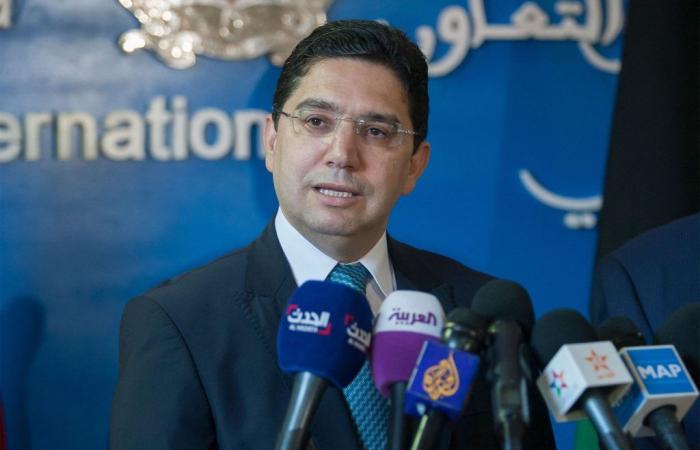By definitively invalidating two trade agreements concluded between Morocco and the European Union, the Court of Justice of the European Union ruled in favor on Friday of the Sahrawi separatists of the Polisario Front, supported by Algeria which disputes this territory with Morocco. These 2019 agreements on fishing and agriculture were concluded in “disregard of the principles of self-determination” of the Sahrawi people, estimated in a judgment the high court which sits in Luxembourg. Putting the European Union and the Polisario Front, supported by Algeria, back to back, the Moroccan Ministry of Foreign Affairs immediately reacted by declaring that “Morocco is not party to this affair” since it “has not participated in any phase of this procedure. The Moroccan authorities therefore claim not to be affected by the decision of the European Court of Justice.
The Kingdom also denounced a series of “legal errors” and a lack of understanding of the realities of the case which led to this decision. Rabat also believes that the Court has departed from the positions taken by the United Nations. The fishing agreement concluded between the EU and Morocco, which expired in July 2023, provided for 208 million euros in compensation for Morocco in exchange for 128 fishing licenses. Its cancellation involves new negotiations between Morocco and Brussels to align with the conclusions of the European Court of Justice.
An agricultural agreement maintained under conditions
According to Morocco, exports from Western Sahara represented 203,000 tonnes of agricultural and fishing products for a value of 590 million euros in 2022. This figure underlines the economic importance of the production of this region in the trade balance. between Morocco and Europe.
Regarding the agricultural agreement, the CJEU decided to maintain it for a period of one year in order to guarantee a smooth legal transition and also to avoid serious consequences for the EU’s external relations. However, Morocco reaffirmed its position not to subscribe to an agreement that would not respect its territorial integrity.
Morocco’s diplomatic workhorse
Morocco urged the EU and its member states to respect their international commitments, and to guarantee the legal security of its commercial relations with the Kingdom. The Moroccan government insists on the need to preserve the achievements of its strategic partnership with the European Union, while defending its right to complete sovereignty over Western Sahara. At the end of last July, in a letter addressed to King Mohammed VI on the occasion of the 25th anniversary of his reign, Emmanuel Macron wrote that he considered that “the present and future of Western Sahara fall within the framework of the Moroccan sovereignty. This recognition of the “Moroccanness” of this territory, Morocco’s diplomatic battleground, had made it possible to ease persistent tensions between Paris and Rabat which had lasted for several years. This time it is the relations between the Shereef kingdom and the European Union which could become strained.






